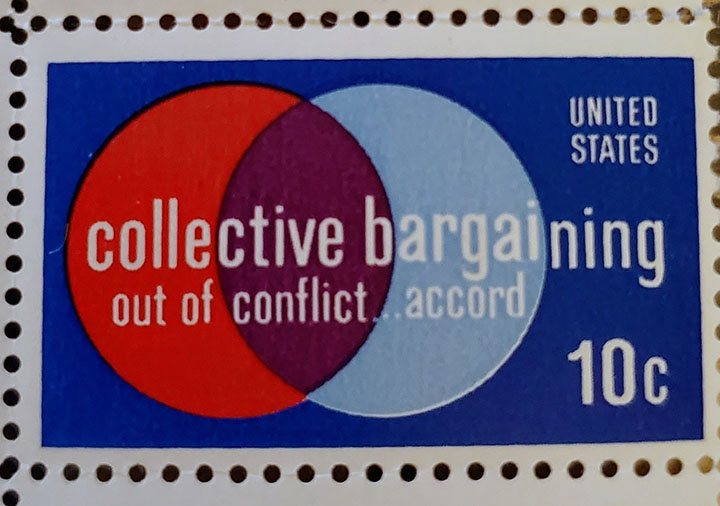Select any filter and click on Apply to see results
Article 47: Waiver of Overpayments
Section 1
A. An employee may request a waiver of the obligation to repay an erroneous payment of pay or allowances or an erroneous payment involving travel, transportation or relocation expenses in whole or in part. The Employer will determine whether to waive the obligation to repay such overpayment, if that overpayment occurred through administrative error and there is no indication of fraud, misrepresentation, fault or lack of good faith on the part of the employee and is otherwise in accordance with 5 U.S.C. § 5584 and applicable regulations.
B. If a requested waiver of over-payment is denied, the employee will be notified of the reasons for that denial in writing.
C. When an employee is not entitled to a waiver of overpayment and the employee received an overpayment, such an employee should be permitted to repay the excess under a repayment plan at the rate of up to 15 percent of the employee's disposable income each pay period, including interest charges. Indebted employees may voluntarily agree in writing to pay more than 15 percent of disposable pay (pay of any individual remaining after the deduction from those earning of any amounts required by law to be withheld) each pay period, and may revoke such agreement in writing at any time.
D. No over-payment of $25.00 or more will be collected without first providing written notice of the over-payment to the employee. The payment will be due within 30 days of notification. The time shall run from the date of the official notification of overpayment. Any such notice shall, at a minimum:
1. Inform the employee of the nature and amount of the indebtedness determined by the Agency to be due;
2. The date by which the overpayment must be repaid in full to avoid collection through deductions from pay;
3. The intention of the Agency to initiate proceedings to collect the debt through deductions from pay;
4. Any additional costs or interest that will be charged during the offset process;
5. An opportunity to inspect and copy Government records relating to the debt;
6. An opportunity to enter into a written agreement with the Agency to establish a schedule for the repayment of the debt;
7. An opportunity for a hearing on the determination of the Agency concerning the existence or the amount of the debt, or both;
8. Any and all other information required by law, rule or Agency regulations.
E. If an employee files a request for a waiver of overpayment within 15 calendar days of the date of the written notice of the over-payment, the Employer will attempt to render a decision on their request within 30 calendar days. If the Employer does not render such a decision within 30 calendar days, no over-payment will be collected if the employee's request satisfied the Federal Claims Collection standards ((1) there is a reasonable possibility that waiver will be granted or that the debt (in whole or in part) will be found not owing from the debtor; (2) the government's interests would be protected, if suspension were granted, by reasonable assurance that the debt could be recovered if the debtor does not prevail; and (3) collection of the debt will cause undue hardship, until the employee's request for waiver of over-payment has been decided by the Employer).
F. Bargaining unit employees have a right to representation in any debt collection action. An employee who is given a specific RIF notice, or who receives a buyout or early-out, will not be required to repay the cost of any training previously provided by the Employer.

